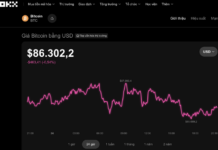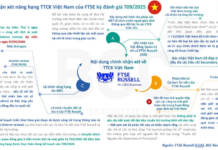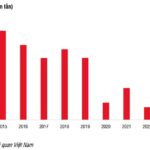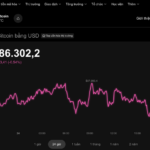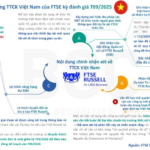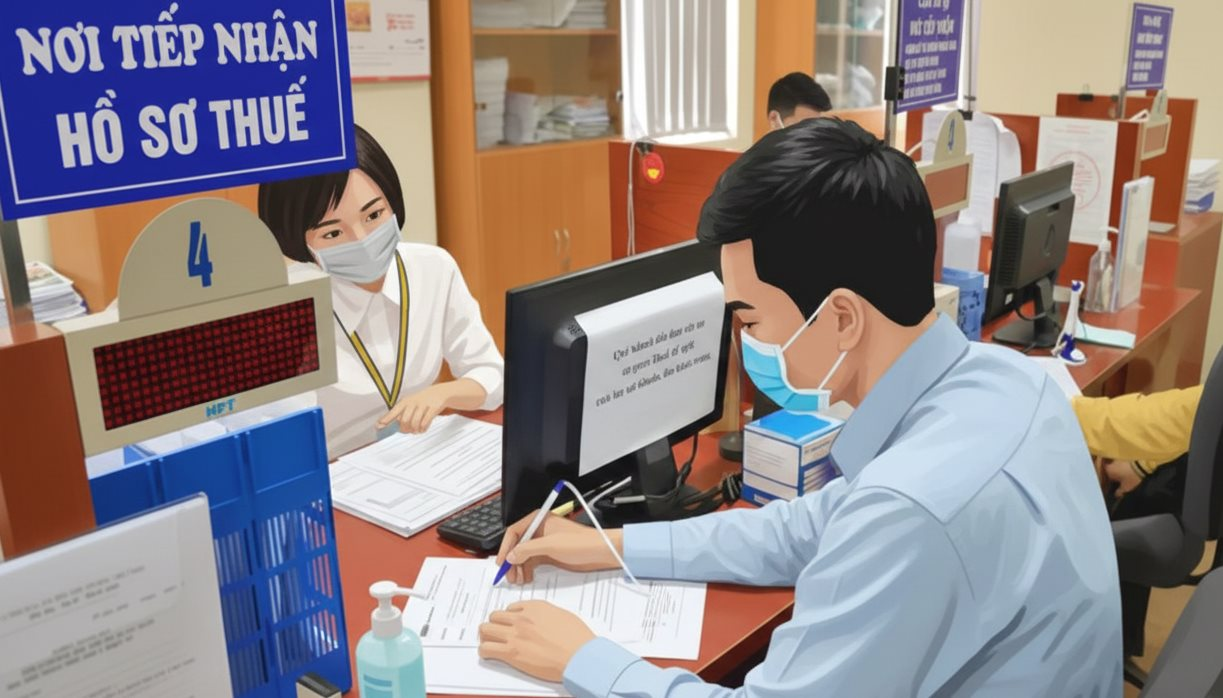
Do Businesses with Annual Revenue Below 200 Million VND Need to Pay Taxes from 2026?
According to Article 4 of Circular 40/2021/TT-BTC, the principles for calculating personal income tax (PIT) and value-added tax (VAT) for household businesses and individual business owners are as follows:
– Tax calculation for household businesses and individual business owners is conducted in accordance with the provisions of the current laws on VAT, PIT, and related legal documents.
– Household businesses and individual business owners with annual revenue from production and business activities of 100 million VND or less are exempt from VAT and PIT, as per the tax laws. These entities are responsible for accurately, truthfully, and fully declaring taxes and submitting tax documents on time, bearing legal responsibility for the accuracy and completeness of their tax filings.
– For household businesses and individual business owners operating as a group or household, the annual revenue threshold of 100 million VND for VAT and PIT exemption applies to a single representative of the group or household during the tax year.
Based on the above regulations, household businesses and individual business owners with annual revenue of 100 million VND or less are exempt from VAT and PIT.
Additionally, Clause 25 of Article 5 of the 2024 Value-Added Tax Law (effective from January 1, 2026) stipulates that the non-taxable threshold for household and individual businesses will be increased from 100 million VND to 200 million VND annually, maintaining their exemption from VAT and PIT.
However, household businesses are still required to register with the tax authority and fulfill their tax declaration and filing obligations as mandated by law to ensure transparency in tax management.
What Are the Penalties for Late Submission of VAT Returns?
According to Article 13 of Decree 125/2020/NĐ-CP, penalties for late submission of VAT returns in 2025 are outlined as follows, based on the provisions for organizations (Clause 4, Article 7) and individuals (Clause 5, Article 5), with penalties for individuals set at half the rate of those for organizations:
(1) A warning is issued for late submissions of 1-5 days with mitigating circumstances.
(2) A fine of 1,000,000 – 2,500,000 VND is imposed for late submissions of 1-30 days, excluding cases under Clause 1.
(3) A fine of 2,500,000 – 4,000,000 VND is imposed for late submissions of 31-60 days.
(4) A fine of 4,000,000 – 7,500,000 VND is imposed for the following violations:
a) Late submissions of 61-90 days;
b) Late submissions of 91 days or more without tax liabilities;
c) Failure to submit tax returns without tax liabilities;
d) Failure to submit required appendices for related-party transactions with corporate income tax settlement documents.
(5) A fine of 7,500,000 – 12,500,000 VND is imposed for late submissions exceeding 90 days, with tax liabilities, provided the taxpayer has paid the full tax and late payment fees before the tax authority announces a tax audit or inspection, or before the issuance of a notice of late filing violation under Clause 11, Article 143 of the Tax Administration Law.
(6) Remedial measures include:
a) Payment of late payment fees on tax liabilities for violations under Clauses 1, 2, 3, 4, and 5, where late filing results in late tax payments;
b) Submission of tax returns and required appendices for violations under points c and d of Clause 4.
If there are tax liabilities and late payments, an additional late payment fee of 0.03% per day on the outstanding tax is applied. The formula for calculating the late payment fee is:
Late Payment Fee = Outstanding Tax Amount × 0.03% × Number of Late Days
The number of late days includes weekends and public holidays, calculated from the day following the tax deadline or extension period until full payment is made, including penalties.
Deadlines for PIT, CIT, and VAT Returns
VAT Return Deadlines
According to Article 44 of the Tax Administration Law No. 38/2019/QH14, VAT return deadlines are:
– For monthly filings: No later than the 20th day of the following month.
– For quarterly filings: No later than the last day of the first month of the following quarter.
Corporate Income Tax (CIT) Finalization Deadline
The deadline for CIT finalization is the last day of the third month following the end of the calendar or fiscal year.
Monthly/Quarterly PIT Filing and Payment Deadlines
According to Clauses 1 of Article 44 and Article 55 of the Tax Administration Law No. 38/2019/QH14, PIT filing and payment deadlines are:
– For monthly filings: No later than the 20th day of the following month.
– For quarterly filings: No later than the last day of the first month of the following quarter.
The New VAT Threshold: From July 1st, 2025, Business Owners with an Annual Revenue of 200 Million VND or More Will Be Subject to VAT
Under the Value Added Tax Law (amended), goods and services provided by households and individuals with an annual revenue threshold of VND 200 million and below are exempt from VAT. The current law stipulates a VAT exemption for an annual revenue of VND 100 million.

















